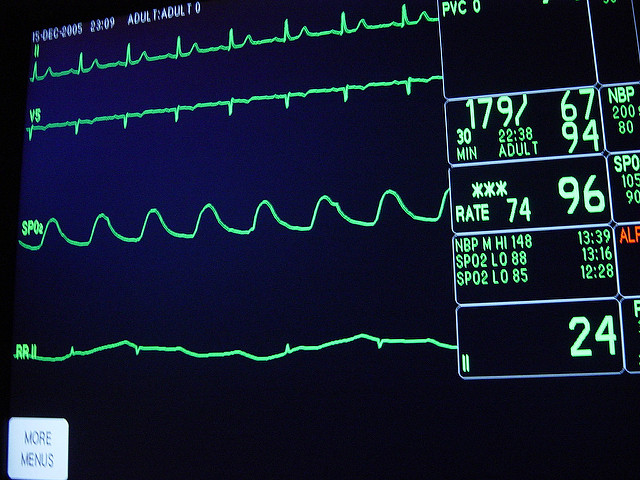
A Good Diet And Exercise
Nothing beats laying on the couch, binging a Netflix series, and eating terrible food for you. However, everyone knows that when it comes to your health, these things aren’t the best for your heart. Maintaining a healthy weight is key in preventing heart disease. One way to do this is by consistently eating well. A balanced diet is relatively easy to do. Cut out processed foods, skip the soda, and bail on the sugar. You don’t have to always say no, but these things must be eaten in moderation. Another way to keep your weight under control, is consistently exercising. You don’t have to run a marathon, but even walking just 15 or 20 minutes a day can help your heart. Maintaining your weight is a very important part of preventing heart disease.
Get Regular Check-Ups
No one likes the doctor’s office, but getting a check-up is very important in preventing heart disease. The doctor can run blood work and check your blood pressure, which are great indicators on how your heart is doing. Although it is a huge inconvenience, make sure that you are going to the doctors for regular check-ups. This is especially important for anyone who has a history of heart disease in their families.
Control Stress
Stress cannot always be prevented. There are unavoidable situations sometimes, but some stressful parts of life can be avoided. Specific jobs are known to be high stress, with a lot of travel, and these can have a negative effect on your heart. If you are in a high stress situation try to take consistent breaks where you don’t think about work, put work away when you get home, and try to take time to replenish your energy with activities that are life giving to you. Keeping your stress down can absolutely help prevent heart disease.
Get Enough Sleep
This is a tough one. Everyone loves sleep, so not getting enough is usually a problem that isn’t easily fixed. Some easy tips for getting more sleep are putting away all your electronics an hour before bed, make sure your room is completely dark, and taking melatonin if you still have issues with falling asleep. Getting 7-8 hours of sleep per night is one more way to help prevent heart disease.
If you have any other questions about heart disease, sign up for one of our CPR & First Aid classes now!




